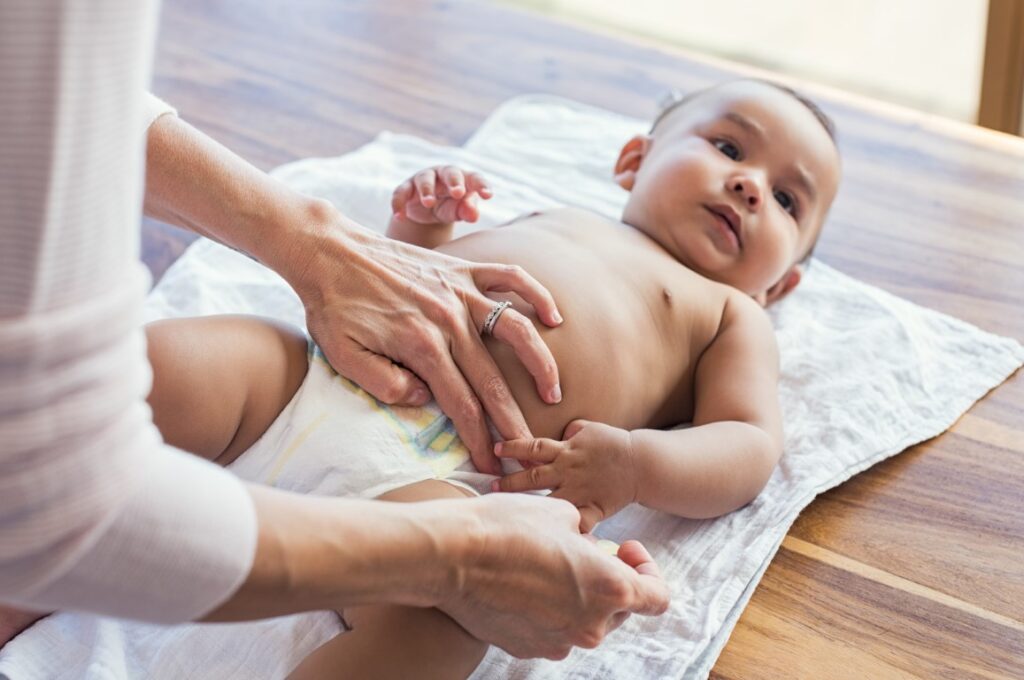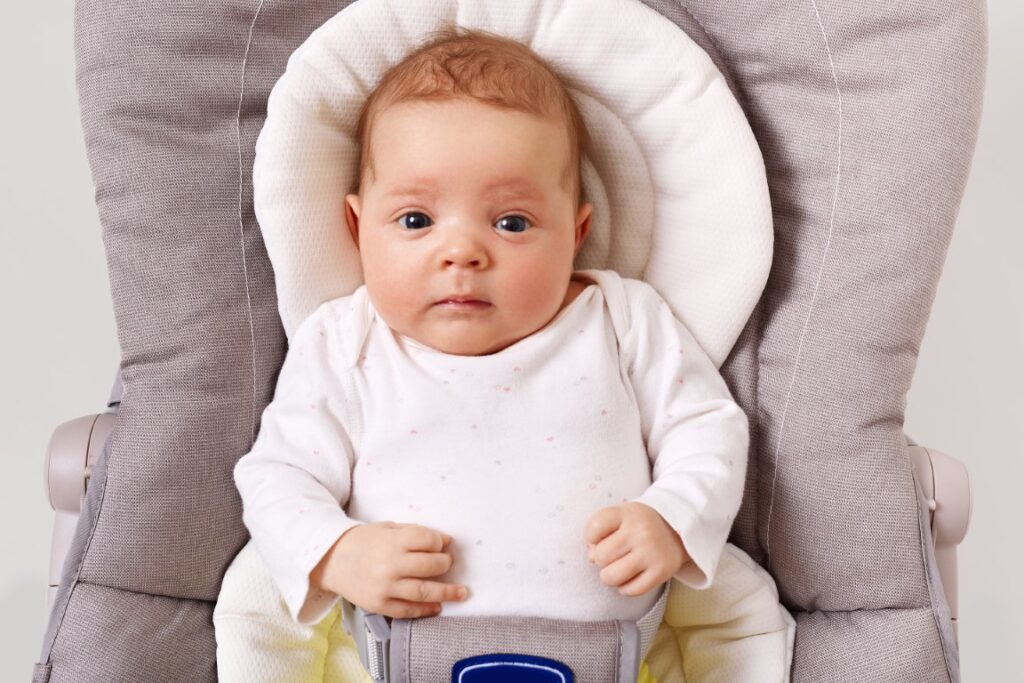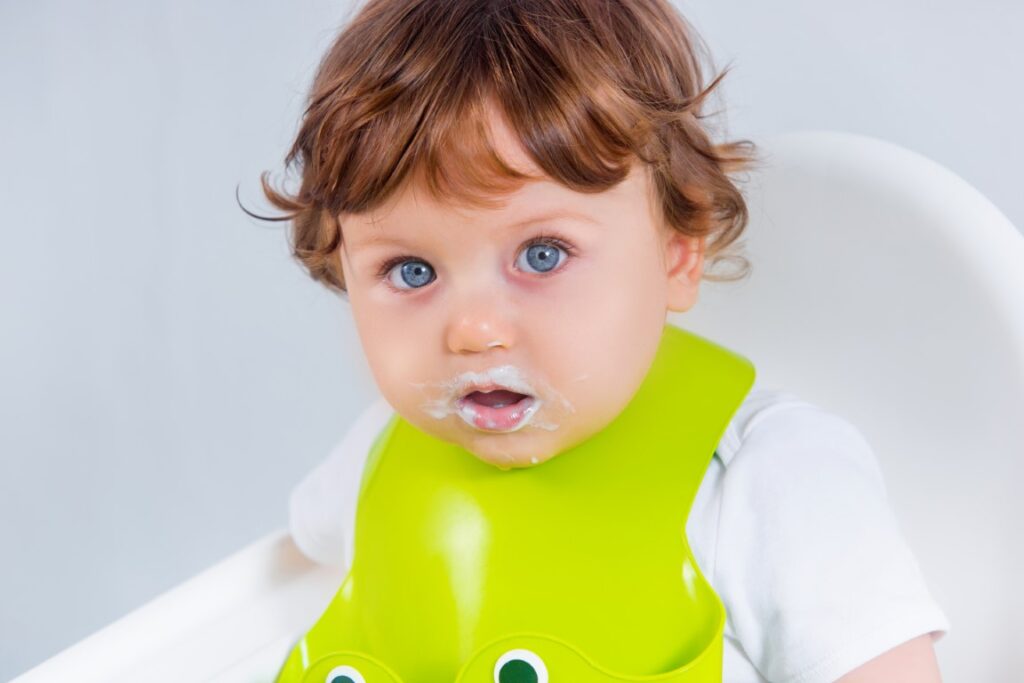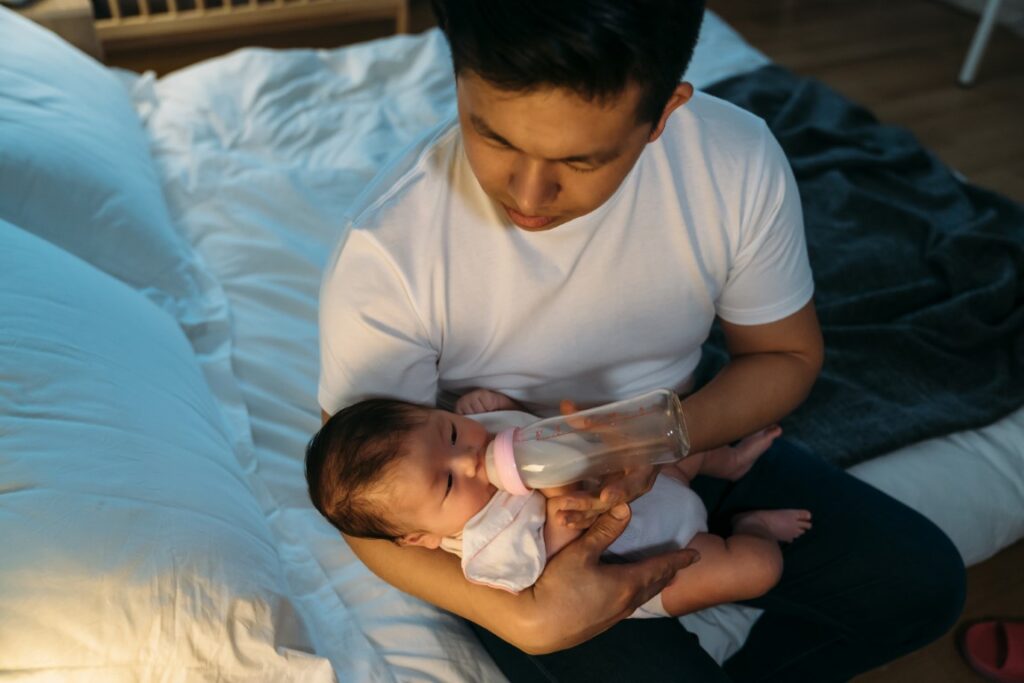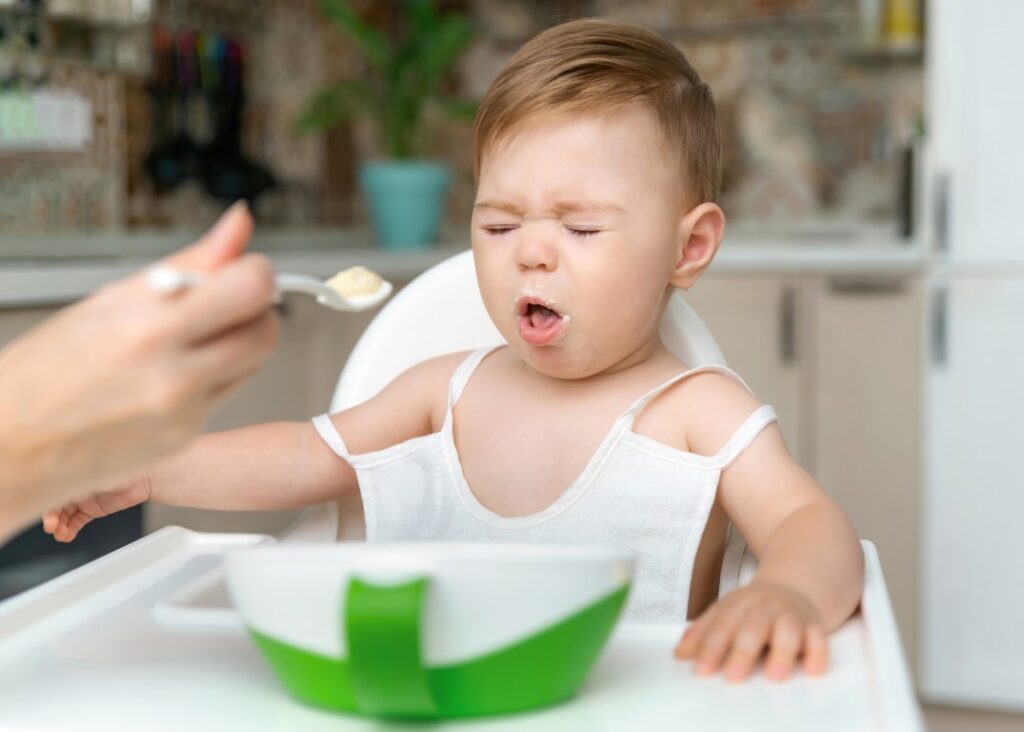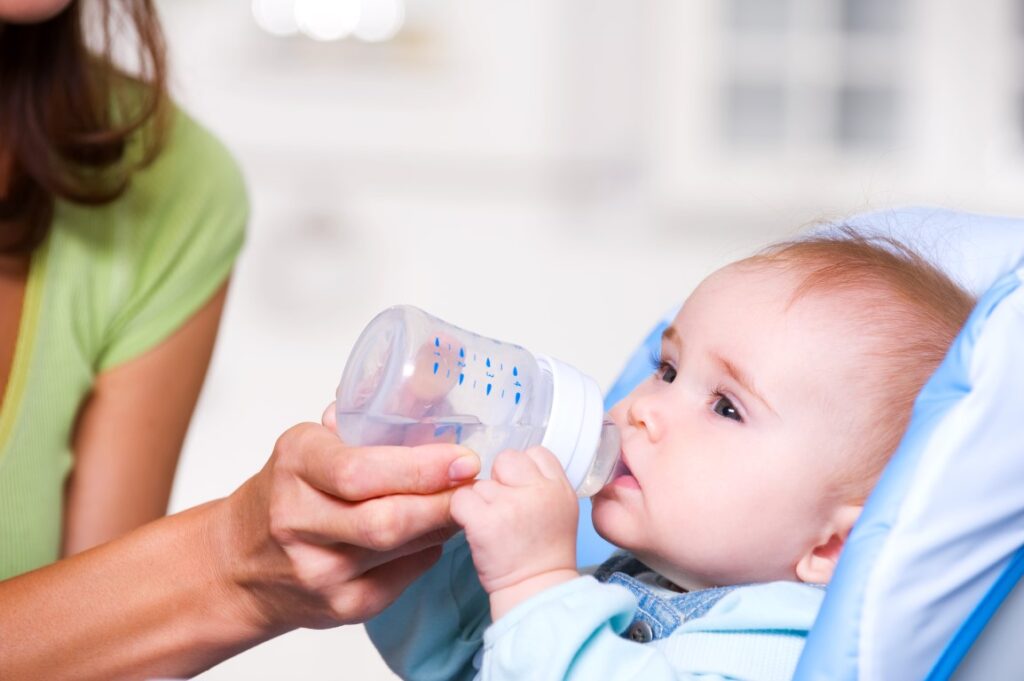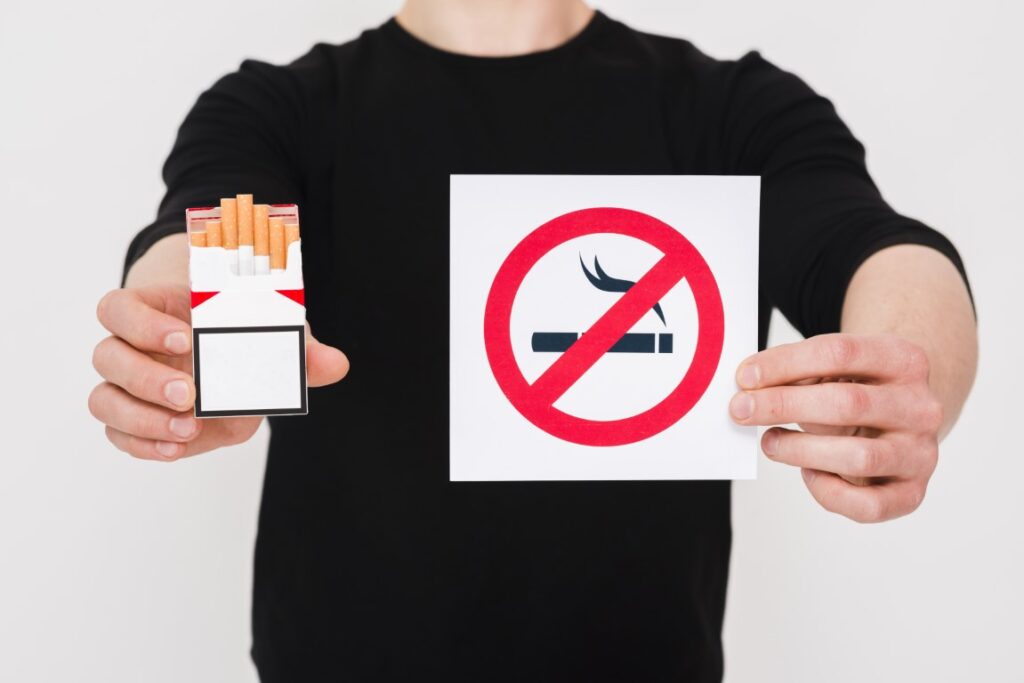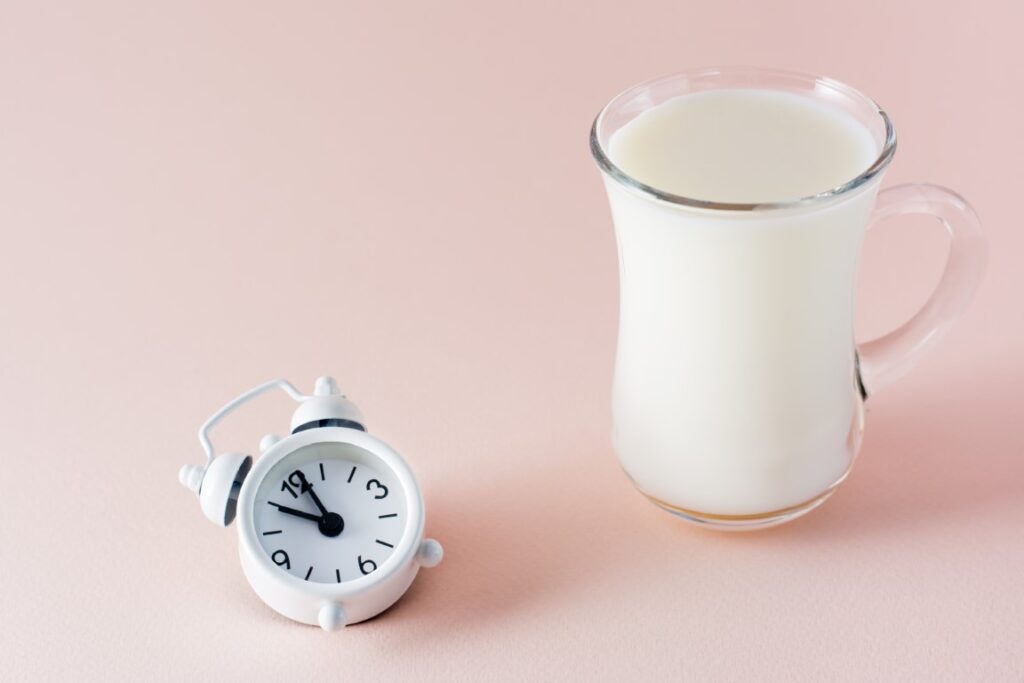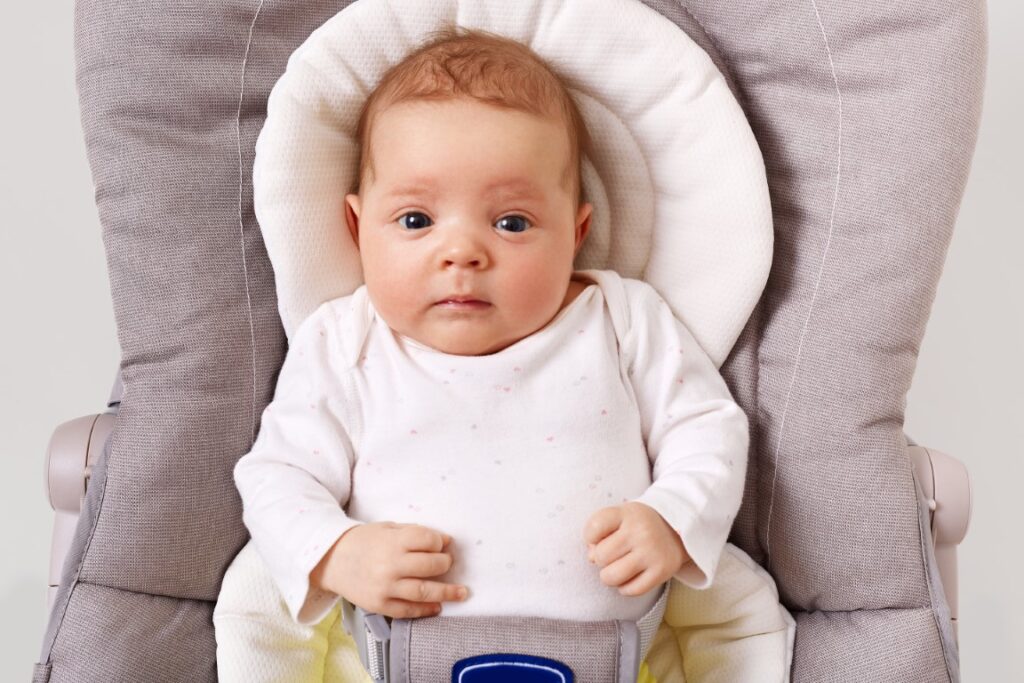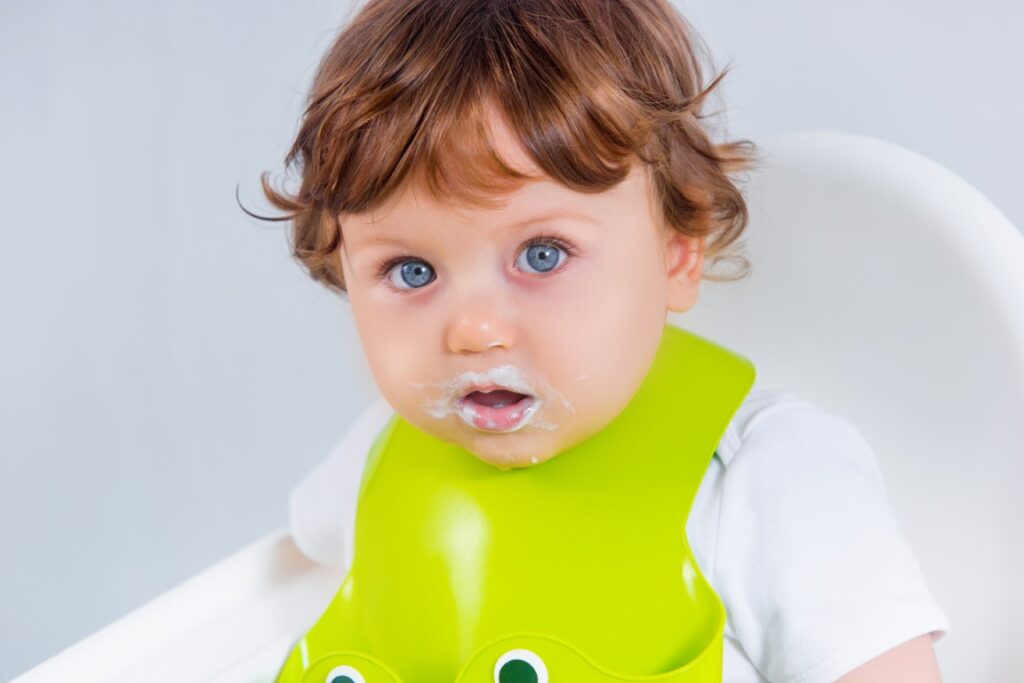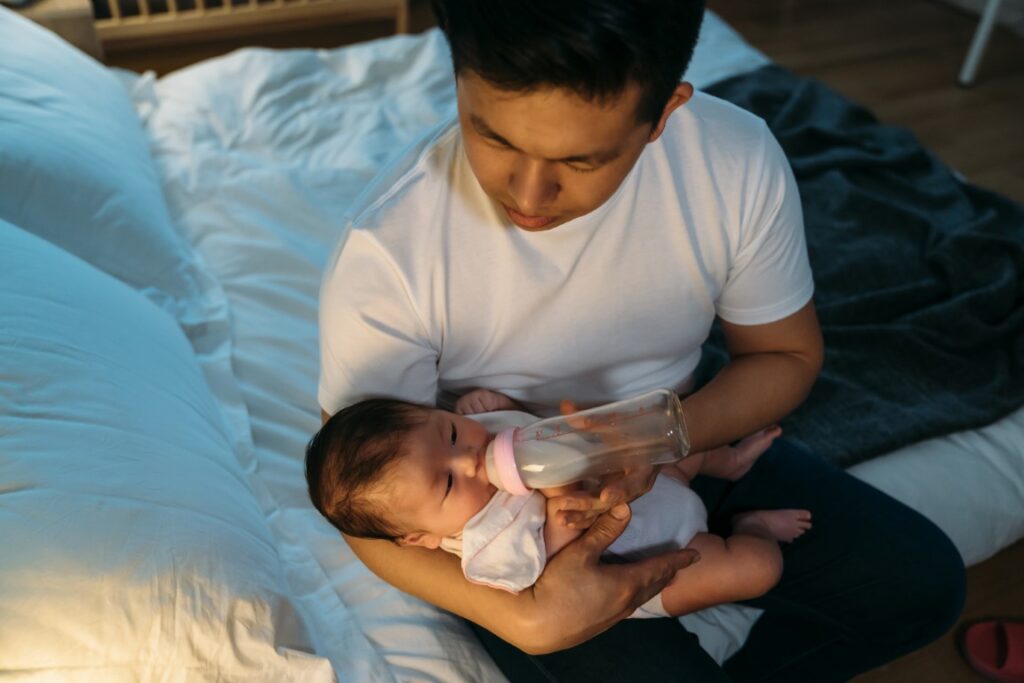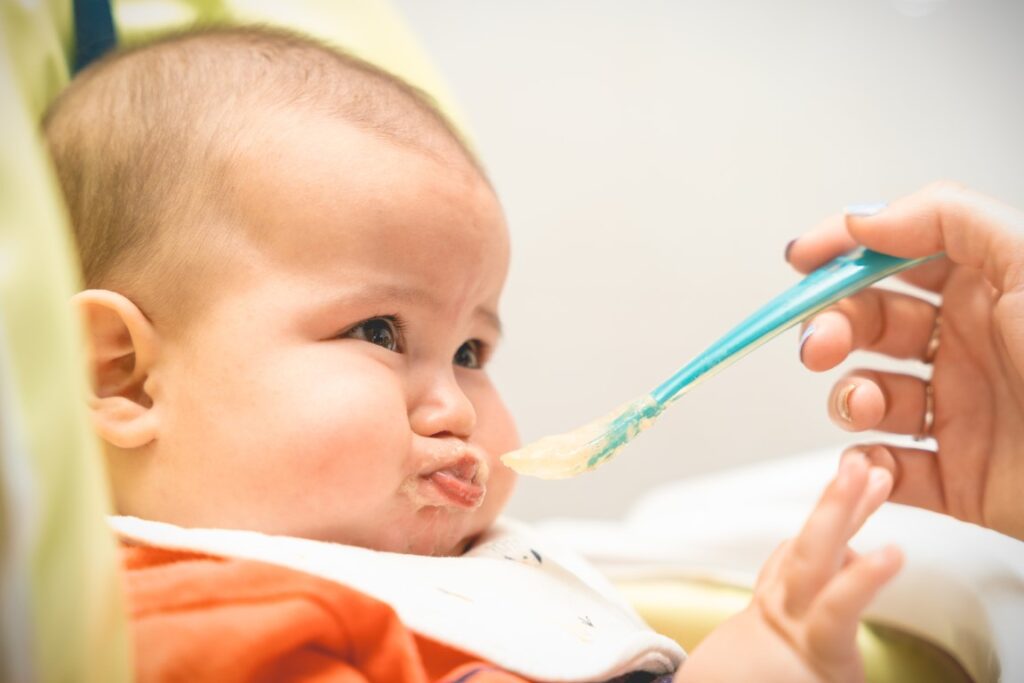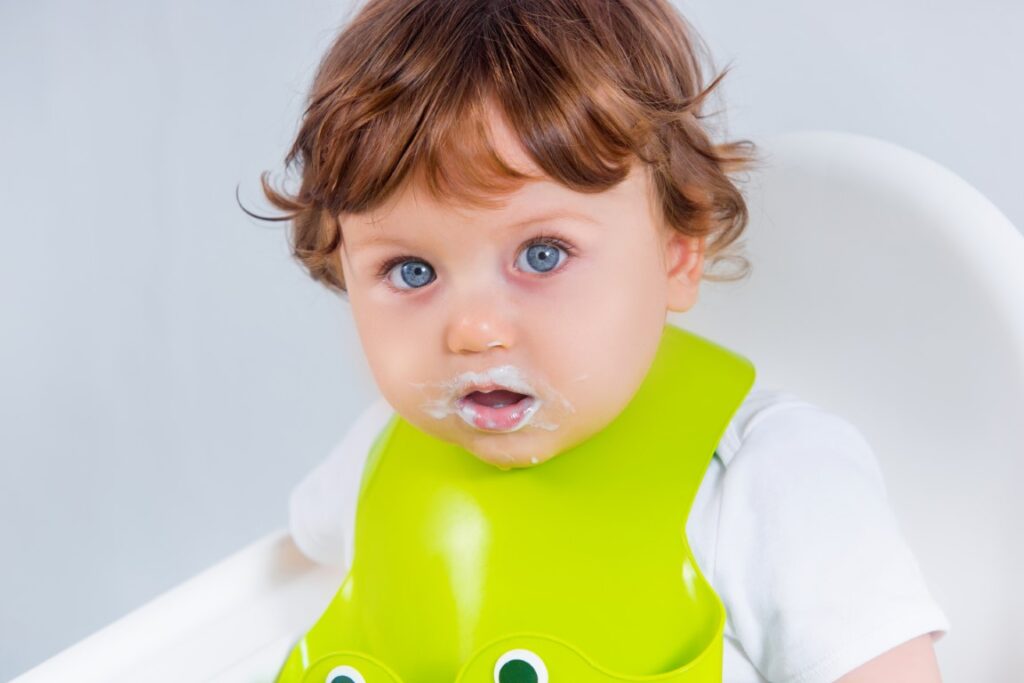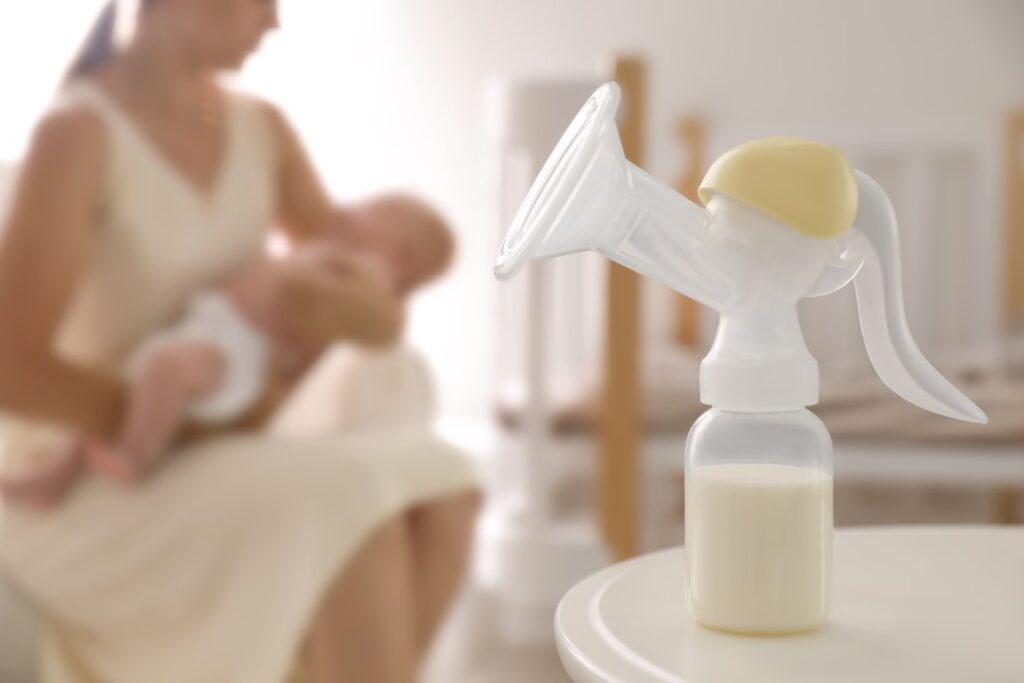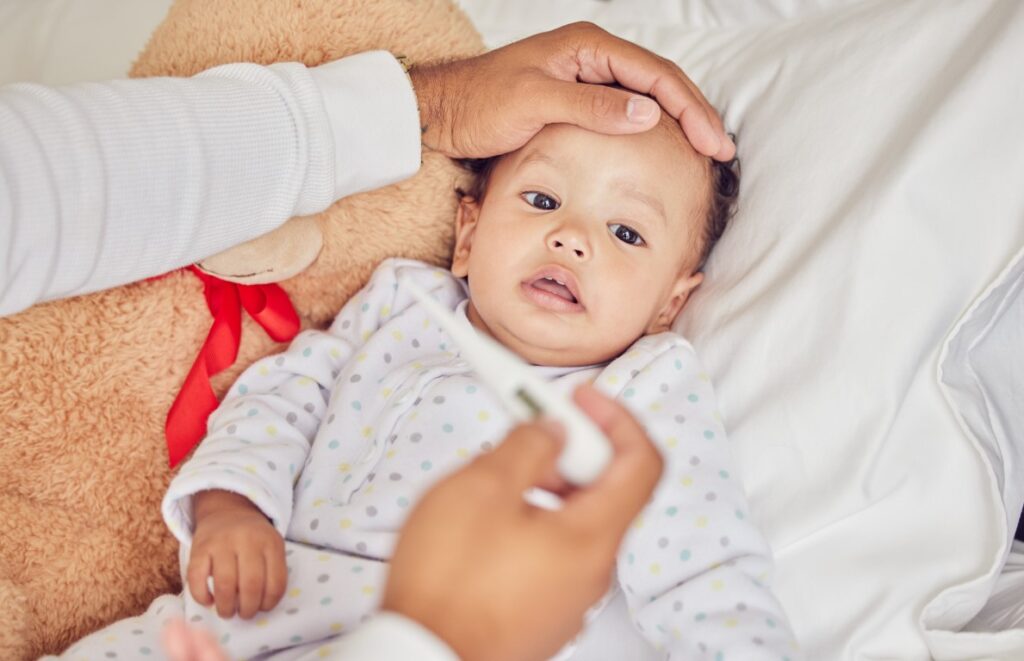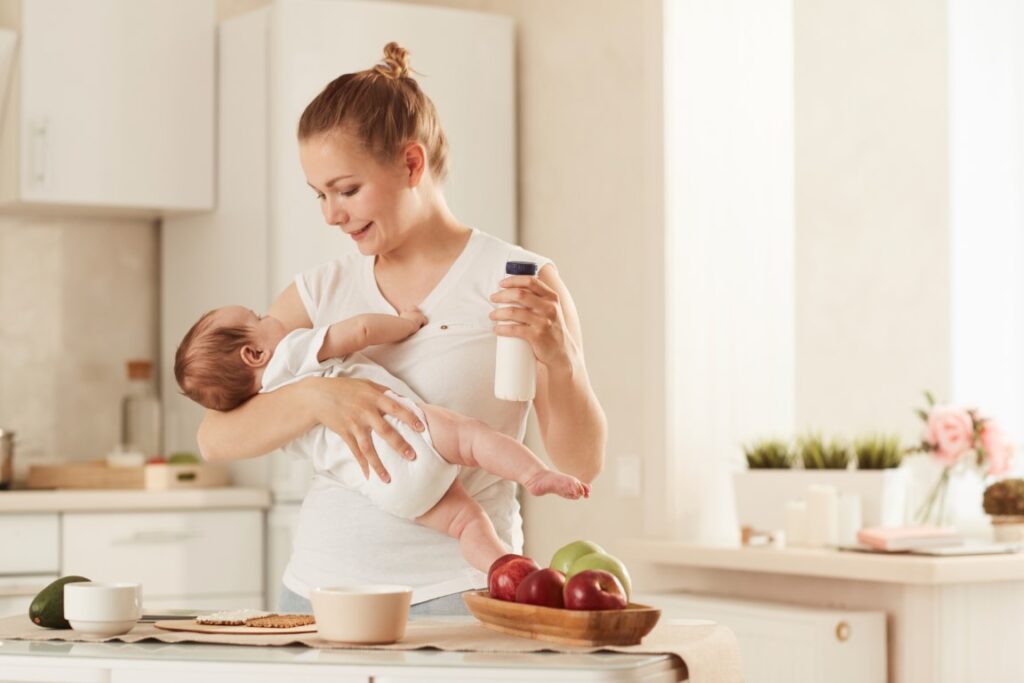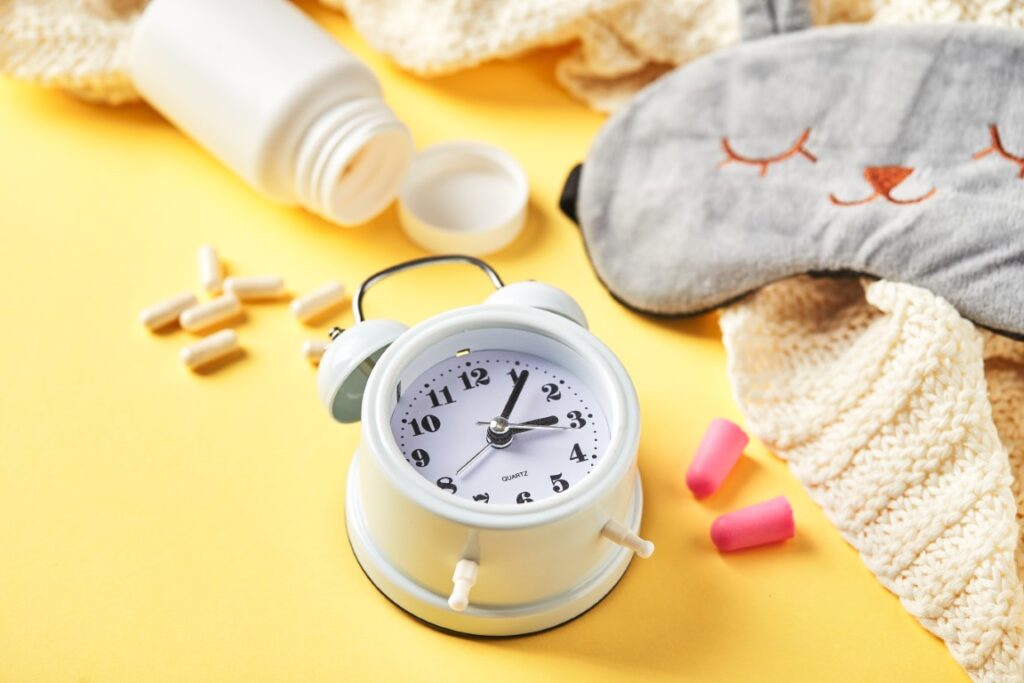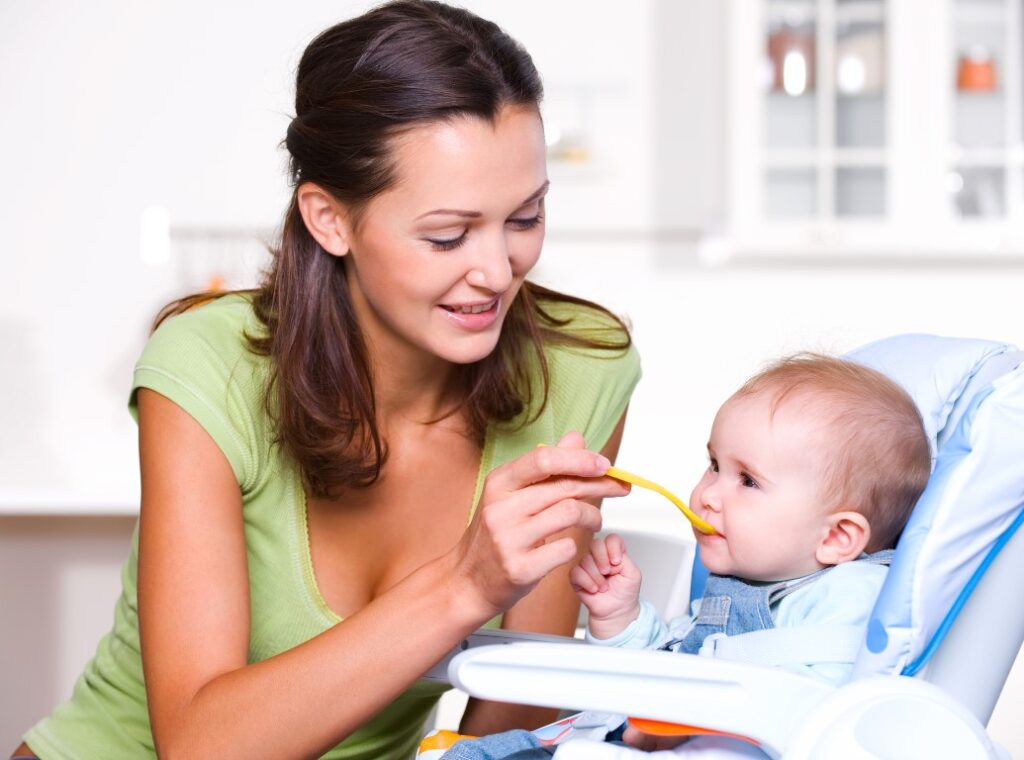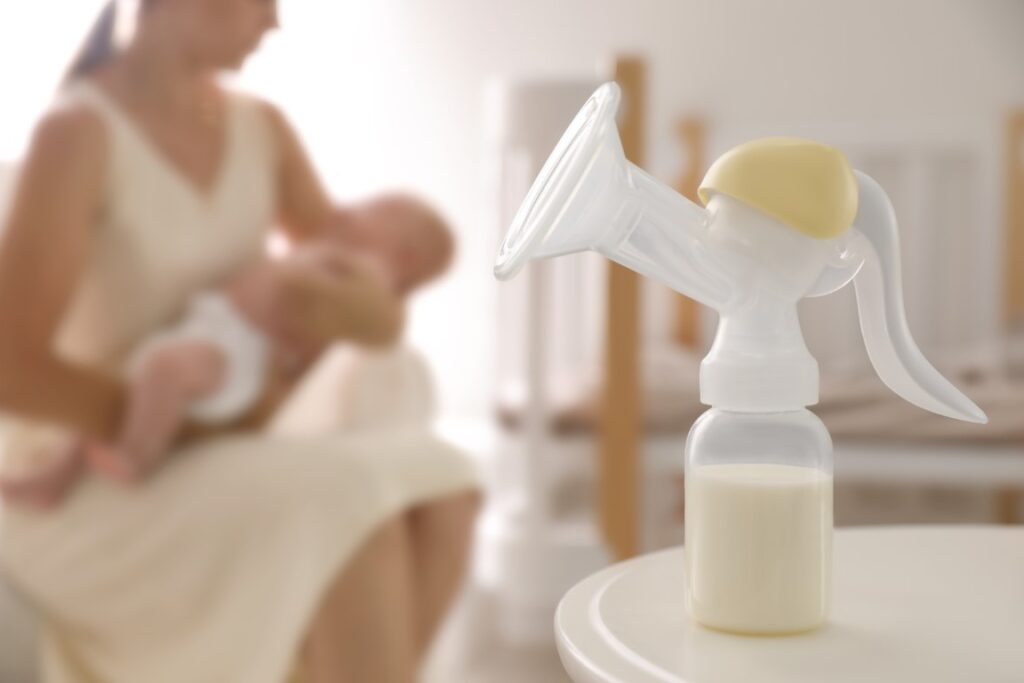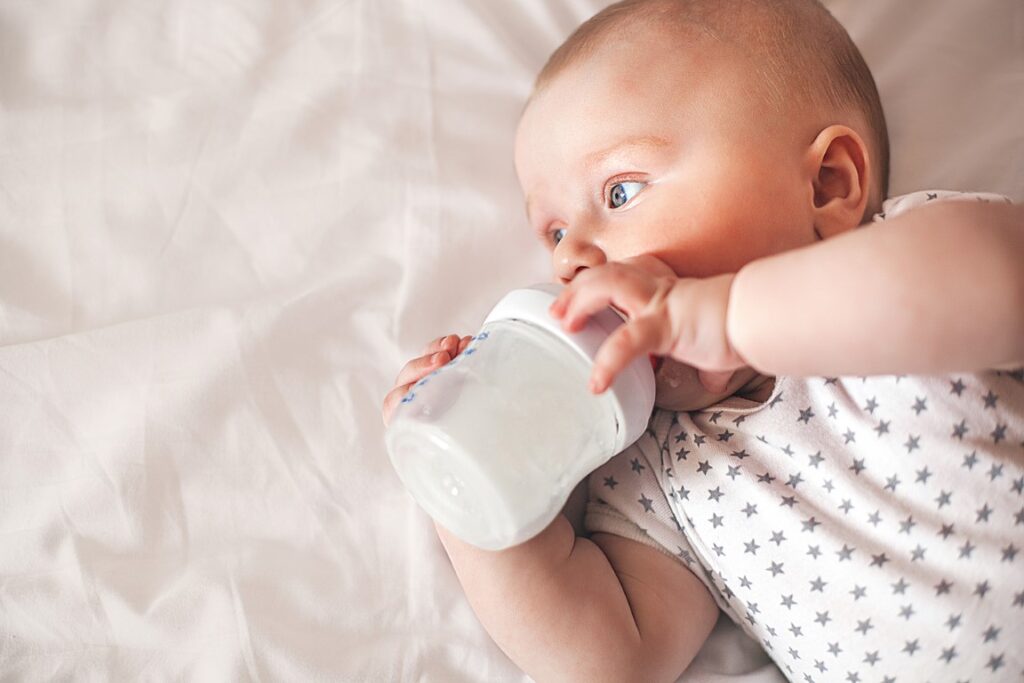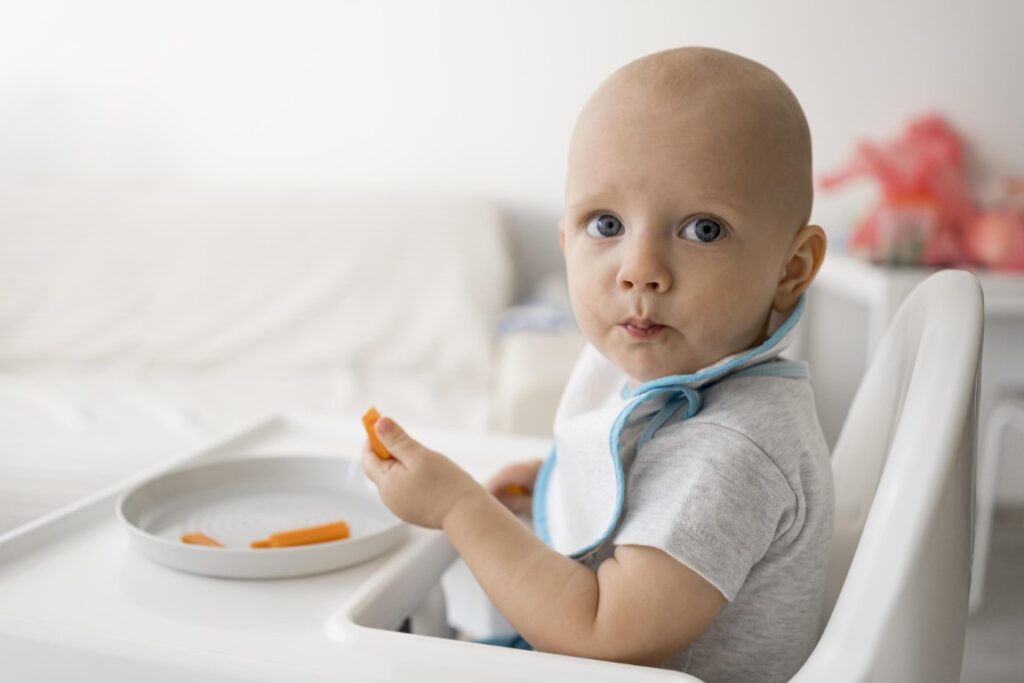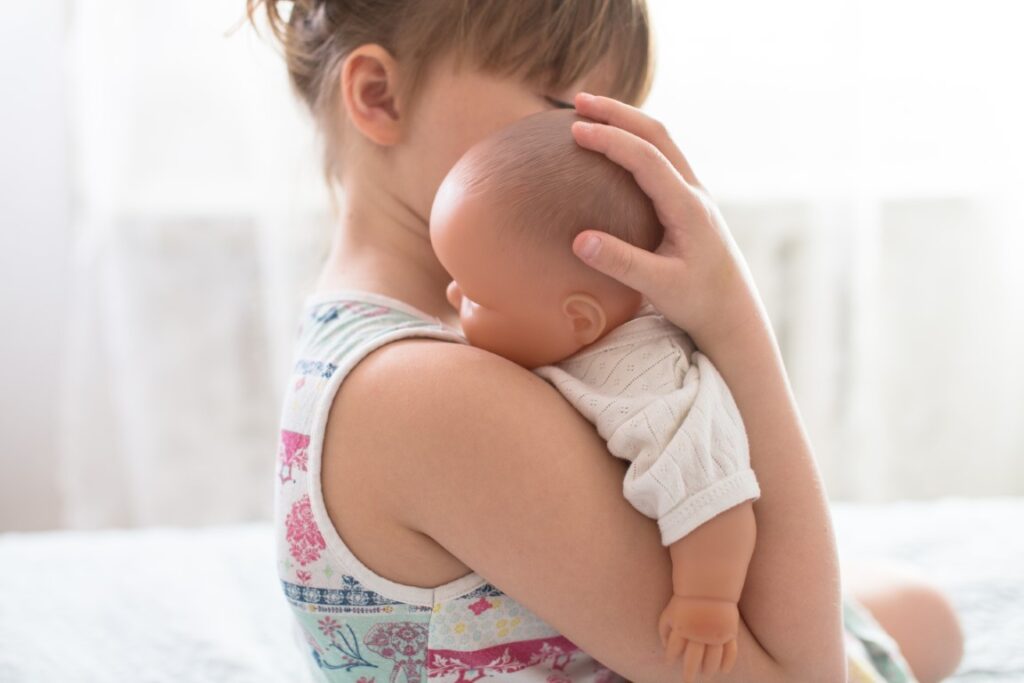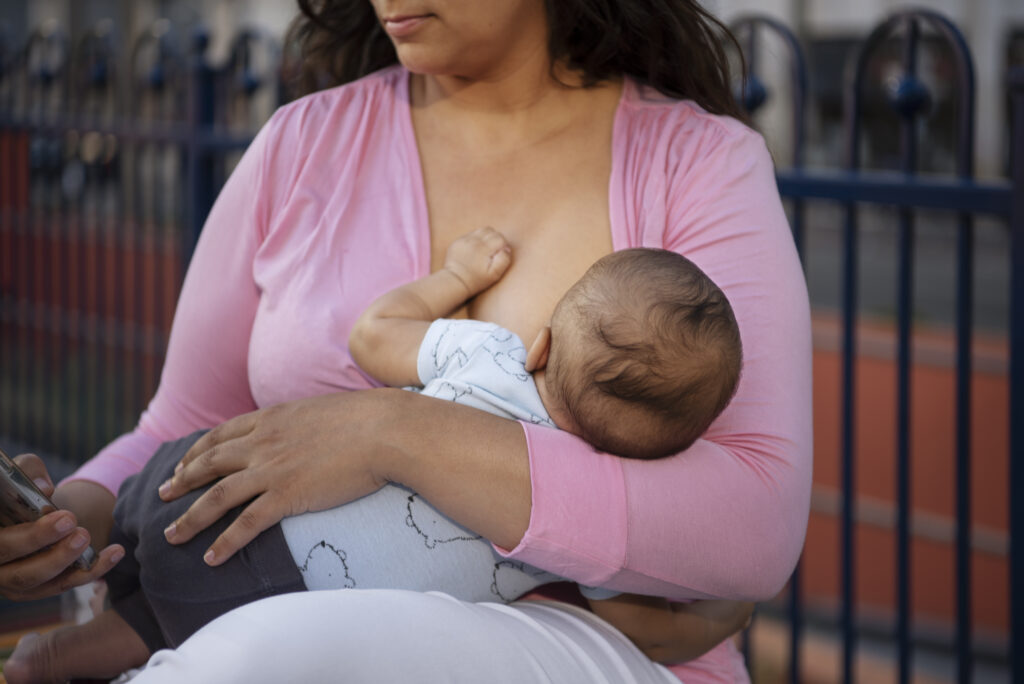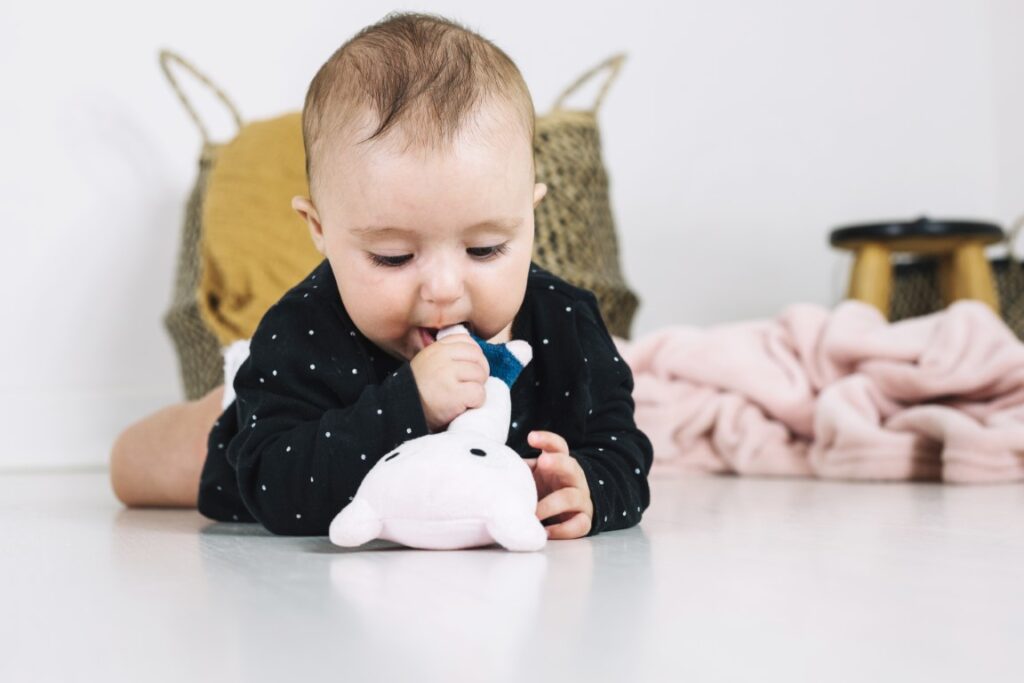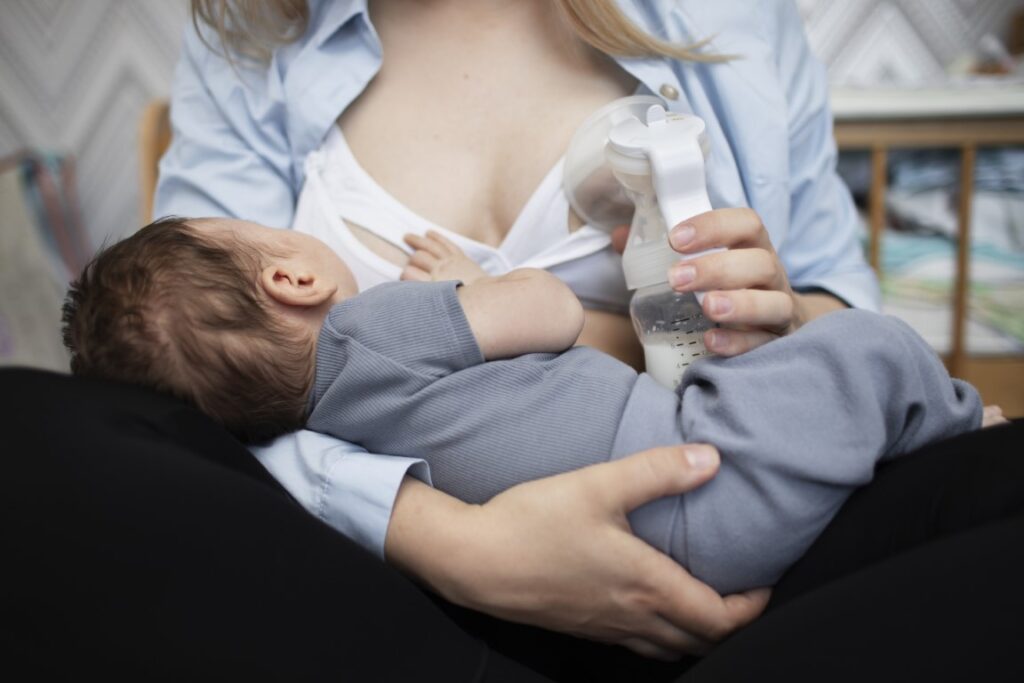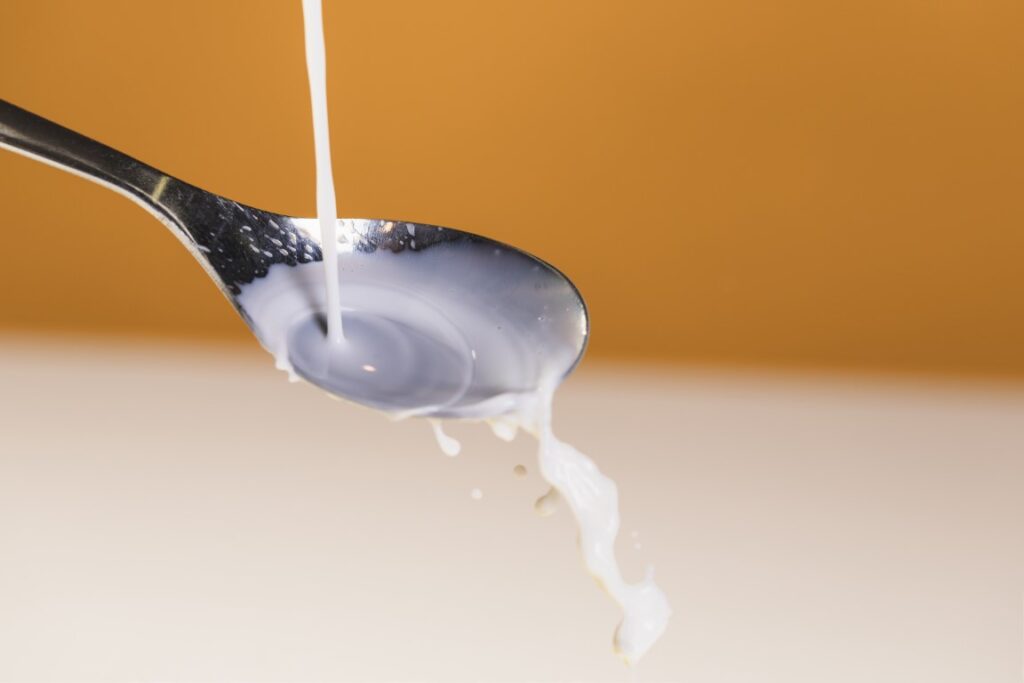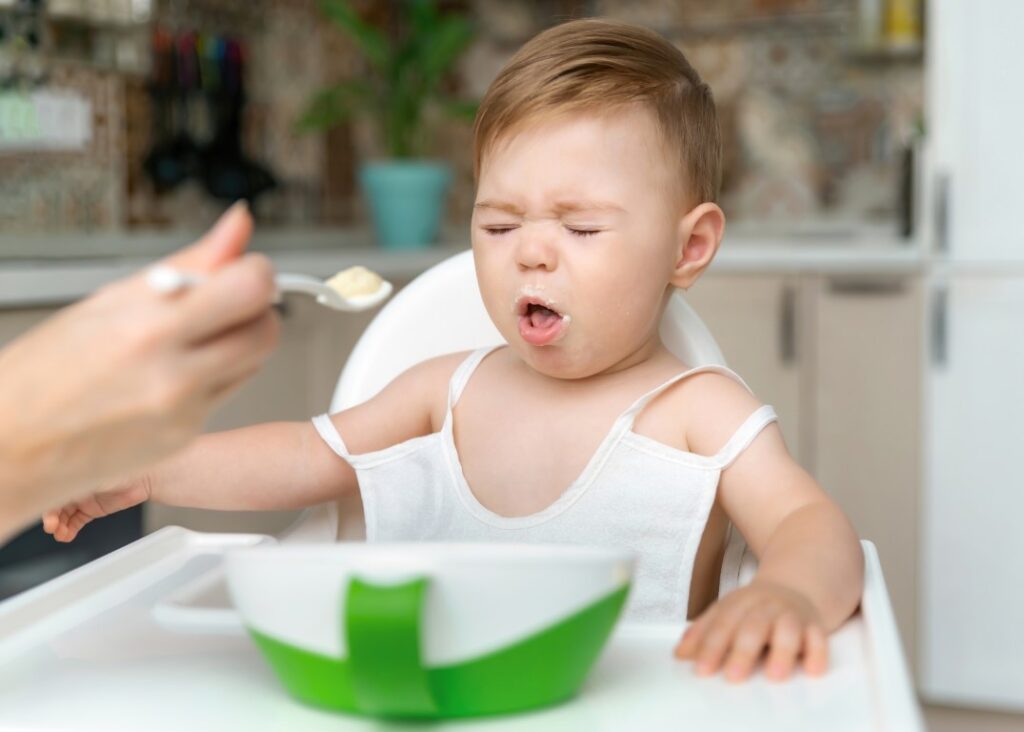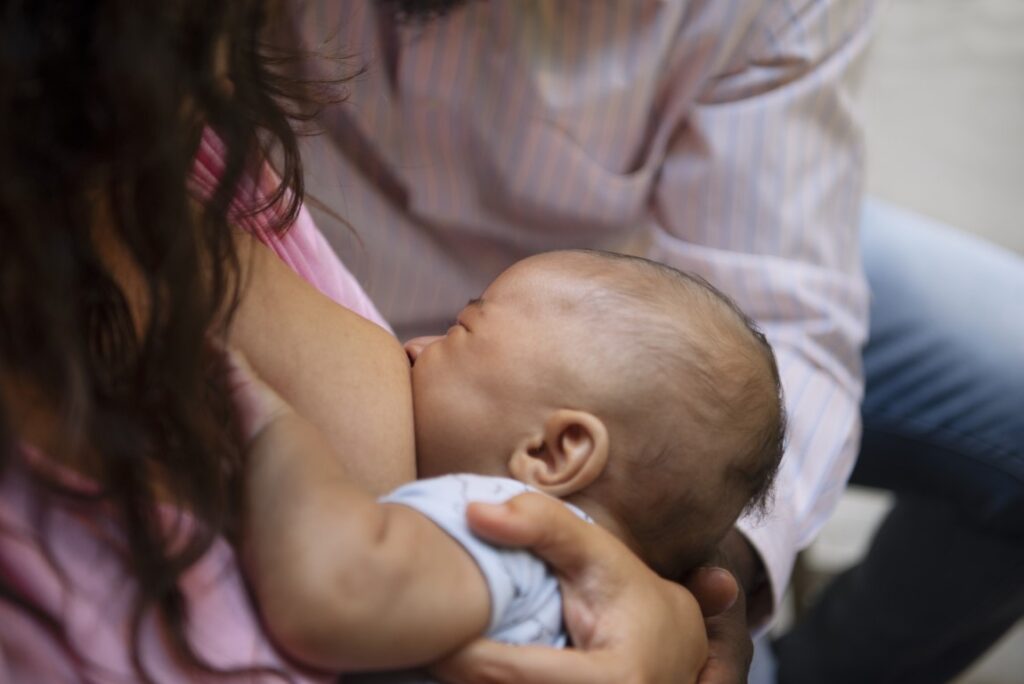Viruses are typically the cause of diarrhea, and it is uncommon for bacterial illnesses to be the cause of diarrhea.
The body deploys diarrhea as a means to rid itself of pathogens. Dehydration is the biggest risk factor for diarrhea. When the body is dehydrated, too much fluid has been lost.
The majority of babies with diarrhea don’t require medical attention. But you must keep an eye on your baby’s fluid levels.
Tips for preventing fluid losses in babies with diarrhea
Most babies with mild diarrhea may have a normal diet. Increase your baby’s fluid intake to ward off dehydration. For diarrhea, formula or breastmilk are both suitable options.
Avoid giving fruit juices to babies as it exacerbates diarrhea. If your baby is older than 6 months and is on solid foods, then offer them starchy foods such as cereal, crackers, rice, and pasta. They are simple to digest.
Formula-fed babies and watery diarrhea
Offer infant formula to your baby as usual, but feed more often. Give your baby as much formula as they will consume.
Prepare the formula as usual. Infant formula already has enough water and does not require any extra water.
If your baby eats baby food, then offer them cereals and starchy foods as well as formula.
Breastfed babies and watery diarrhea
Feed your baby breast milk more frequently if they have frequent, watery diarrhea. Also, if breast milk isn’t replenishing fluid losses, offer additional liquids. Use a formula or ORS (Pedialyte).
If your baby eats baby food, then offer them cereals and starchy foods as well as breast milk.
Pedialyte and other oral rehydration solutions (ORS)
A unique liquid called ORS can aid your baby’s hydration issues caused by diarrhea. You may buy the store brand or Pedialyte. It is available at grocery and pharmacy shops.
When to use ORS or Pedialyte
If your baby has regular, watery diarrhea and you suspect dehydration, start ORS. Dehydration signs in babies include urinating less frequently than usual. Use ORS to maintain or replenish your baby’s fluid levels. Offer breast milk, infant formula, or other liquids such as soups, broths, kadhi, etc. if your baby is on solids.
Give infants 2-4 ounces (60–120 mL) of ORS after each significant amount of watery stools.
Precaution: Don’t give ORS for more than six hours as the only fluid. Your baby requires nutrition and calories apart from the fluid.
When to call the doctor
Call the doctor if you notice any of the following:
a. Blood in your baby’s stools
b. No urine in over 8 hours
c. Dark urine
d. Very dry mouth
e. Cries without tears
f. It’s been more than two weeks with diarrhea
g. You believe your child needs a doctor
h. Your baby has visible weight loss

